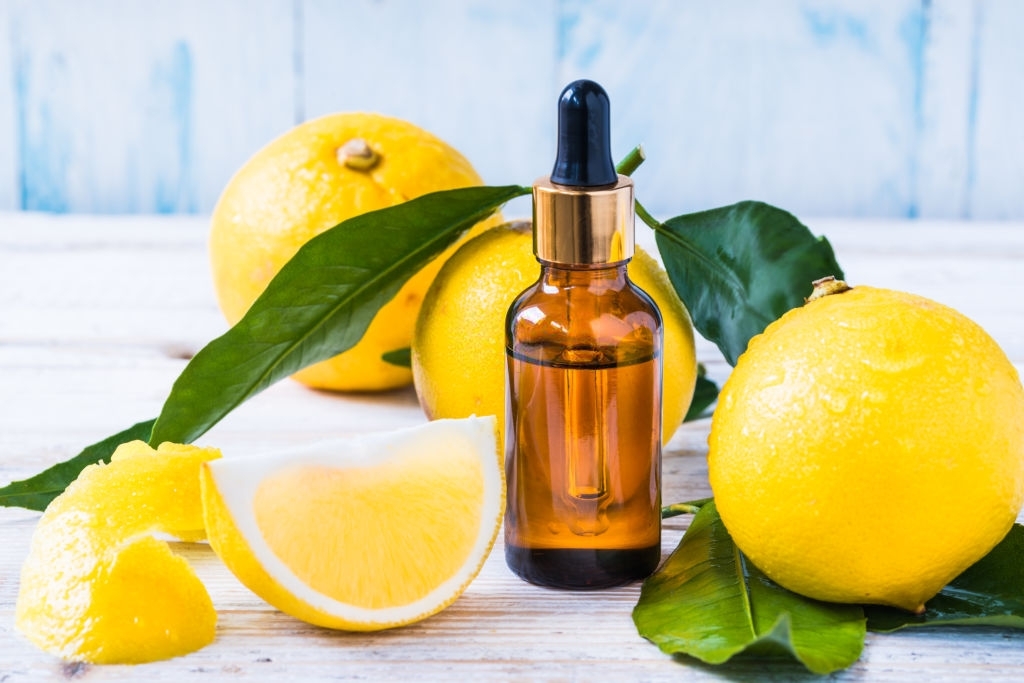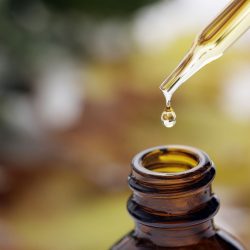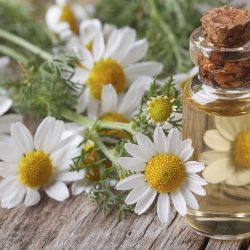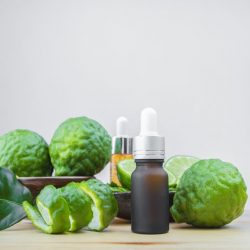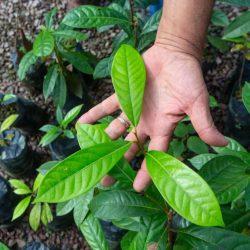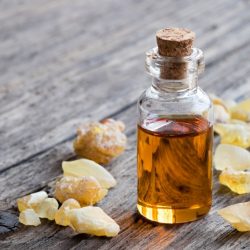As everyone knows, lemon is a citrus fruit, a word whose etymological roots directly refer to its pungent and sour flavor . In the fifth century BC, Sophocles referred to the orange and the lemon under the same name of “golden apples” ( which for a long time suggested that these two fruits could indeed have some relation with apples. from the Garden of the Hesperides ). The unfortunate habit of the Greeks of calling different plants by the same name therefore contributed greatly to perpetuating the confusion.
A little history
The lemon tree is probably originally from Asia, and more precisely from Kashmir, a region on the borders of China and India. Arrived in the Middle East by Persia, it acclimatized in fact in Mesopotamia. The Hebrews then learn to cultivate it, probably during the captivity of Babylon .
In Greek medicine, Galen (2nd century) teaches us that the lemon peel, very aromatic and bitter, not only stimulates the appetite , but also strengthens the stomach and thus strengthens digestion . Avicenna (11th century) recalls that it calms vomiting and purifies the breath .
According to Cazin (19th century), gasoline was prescribed against tapeworms , it kills fish and leeches. In ophthalmology, the lemon peel is pressed in front of the eye, several times a day, to expel its essence in order to treat ophthalmia or corneal alterations.
Valnet (20th century) recalls the antibacterial effects demonstrated on meningococcus, pneumococcus, staphylococcus and Eberth’s bacillus, vector of typhoid.
The Arabs favor the expansion of the “li Mum” (as they called it the lemon) across the Mediterranean from the X th century, and especially in Spain. There, it becomes “limon” … from which derive the English word (lemon) and the term “lemonade”.
What are the pharmacological properties of lemon peel essence ?
Antimicrobial property:
The essence of the lemon tree is antibacterial and antifungal . The limonene and β-pinene in it have an action antiviral .
Anti-infectious active on streptococcus and spore-forming bacteria and immunostimulating , lemon essence is also a good atmospheric antiseptic in wet inhalation.
Detoxifying and hepato-protective properties:
The detoxifying action of limonene is linked to the stimulation of cytochromes P450 or phase 2 enzymes such as glutathione-S-transferase. Gasoline is also choleretic and cholagogue .
Hepatic regulator and anti-emetic , this oil is, among many properties, a first choice hepatic decongestant .
Hypocholesterolemic property:
A cholesterol- lowering agent , limonene lowers cholesterol levels and reduces the hepatic accumulation of triglycerides.
Digestive property:
The limonene reduces nausea by action on gastric motility and gastric acidity when gastroesophageal reflux . Digestive tonic, carminative, aperitif, but above all, purifying, lemon essence is also antiulcer and gastro-protective; it increases the secretion of mucus and HSP-70 shock proteins (by limonene ).
Tonic property:
Lemon is a general tonic by action on the sympathetic system of the autonomic nervous system.
Sedative and anxiolytic properties:
The sedative and anxiolytic effects of lemon oil, in particular promote the renewal of dopamine in the hippocampus and of serotonin in the prefrontal cortex and the striatum.
Even by wet inhalation, it is thus able to modulate behavioral and neuronal reactions linked to nociception and pain. Prolonged exposure to the scent of lemon essence also induces a decrease in the hormonal, neuronal and behavioral parameters of stress .
Other properties:
- Circulatory fluidifying
- Anti vitamin K like
- Vitamin P like (active on the microcirculation, decreases capillary permeability, increases the resistance of capillaries and the tonicity of the walls)
- Cortison-like, stimulant of the pituitary-adrenal cortex, useful in prolonged inflammatory states
Does lemon essence require precautions for use?
- Drug interactions with essential oils of cinnamon, coriander or containing aromatic aldehydes at more than 10%
- Photosensitizing, no sun exposure (erythema, edema)
- Contraindicated in children under 7 years old
- Dermocaustic, pure cutaneous necrotizing, dilution required
- Dry inhalation is not recommended
- Contraindicated in pregnant women ( limonene induces uterine contractions) or breastfeeding women
- Aggressive for the mucous membranes
- Slightly hypertensive
- Risk of allergy with oxidation products of limonene
- Do not combine with cortisone, risk of drug interaction
- Cause of contact dermatitis (especially when limonene is oxidized)
- May cause severe irritation to the eyes by the olfactory route (dry inhalations, diffusion)
- Enzyme inducer; avoid in combination with micro-dosed oral contraceptives (pills)
The Lemon Essential Oil (Citrus Limonum) is on sale in your bio online pharmacy :
The lemon essential oil (Citrus Limonum) has moderate antibacterial, antiviral (synergistic with other ET), antifungal and general stimulating. It is also anti-oxidant inhibits oxidation of LDL-cholesterol (gamma-terpinene), analgesic and anti-depressant.
Even by inhalation, it is capable of modulating behavioral and neuronal related reactions nociception and pain. Prolonged exposure to the smell of lemon ET induces a reduction of hormonal parameters, neural and behavioral stress. Blood thinner, it is also a liver regulator, antiemetic and liver decongestant. In addition, this oil is tonic digestive, carminative, appetizer, depurative, antiulcer, litholytic (gallstones) and atmospheric antiseptic.
This essential oil is used in the following therapeutic indications:
– Additional anti-infective treatments especially antiviral, the use of lemon HE can better tolerate HE irritating to mucous membranes (phenols, cinnamaldehyde) and avoid possible liver intolerance
– Infectious Diseases of Children
– Lack of concentration, recovery, brain fatigue
– Motion sickness, nausea (even chemotherapy)
– Fatigue digestive, liver and pancreas, bad breath
– Renal lithiasis and renal colic
– Obesity, lymphatic drainage
– arterial and venous circulatory disorders, phlebitis on, hemorrhoids, rosacea, venous stasis
– Periods of contagious diseases in atmospheric scattering
Employment and dosage of Lemon Essential Oil (Citrus Limonum)
Action on venous circulatory disorders and post phlebitis kind; dilute the essential oil of lemon 7% in vegetable oil arnica. In massage on the affected area.
Do not combine lemon oil and anticoagulants.
Composition of Lemon Essential Oil (Citrus limonum):
Monoterpenes (92-95%): (+) – limonene (60 to 75%), beta-pinene (8 to 12%), gamma-terpinene (8-10%), sabinene, alpha-pinene
Monoterpene aldehydes (2 to 3%): geranial, neral (citral responsible for flavor), citronellal
Aliphatic aldehydes (0.2 to 0.5%): nonanal, octanal
Furocoumarines: bergamotene, psoralen, bergapten
Possible side effects and precautions of Lemon Essential Oil (Citrus Limonum)
– Not recommended during pregnancy or breastfeeding
– Mildly Hypertensive
– Do not use pure -dermocaustique state), always dilute
– Risk of photosensitivity (erythema, edema). Do not apply the essential oil before sun exposure
– Risk of allergy to the oxidation products of limonene
– Do not spread by being in the room. Aerate 20 minutes after broadcast before entering the room
Medical bibliographic sources and clinical trials :
- Misra N, Batra S, Mishra D. Fungitoxic Properties of the Essential Oil of Citrus limon (L.) Burm. Against a Few Dermatophytes. Mycoses, 1988
- Mendes de Freitas. Antioxidant and Antinociceptive Effects of Citrus limon Essential Oil in Mice. Journal of Biomedicine and Biotechnology Volume 2011
- Komiya M, Takeuchi T, Harada E. Lemon oil vapor causes an anti-stress effect via modulating the 5-HT and DA activities in mice. Behav Brain Res. 2006
- Ilaria Ceccarelli, William R. Lariviere, Paolo Fiorenzani, Paola Sacerdote, Anna Maria Aloisi. Effects of long-term exposure of lemon essential oil odor on behavioral, hormonal and neuronal parameters in male and female rats. Brain Research, 2004
- Rozza AL, Moraes Tde M, Kushima H, Tanimoto A, Marques MO, Bauab TM, Hiruma-Lima CA, Pellizzon CH. Gastroprotective mechanisms of Citrus lemon (Rutaceae) essential oil and its majority compounds limonene and β-pinene: involvement of heat-shock protein-70, vasoactive intestinal peptide, glutathione, sulfhydryl compounds, nitric oxide and prostaglandin E₂. Chem Biol Interact. 2011

